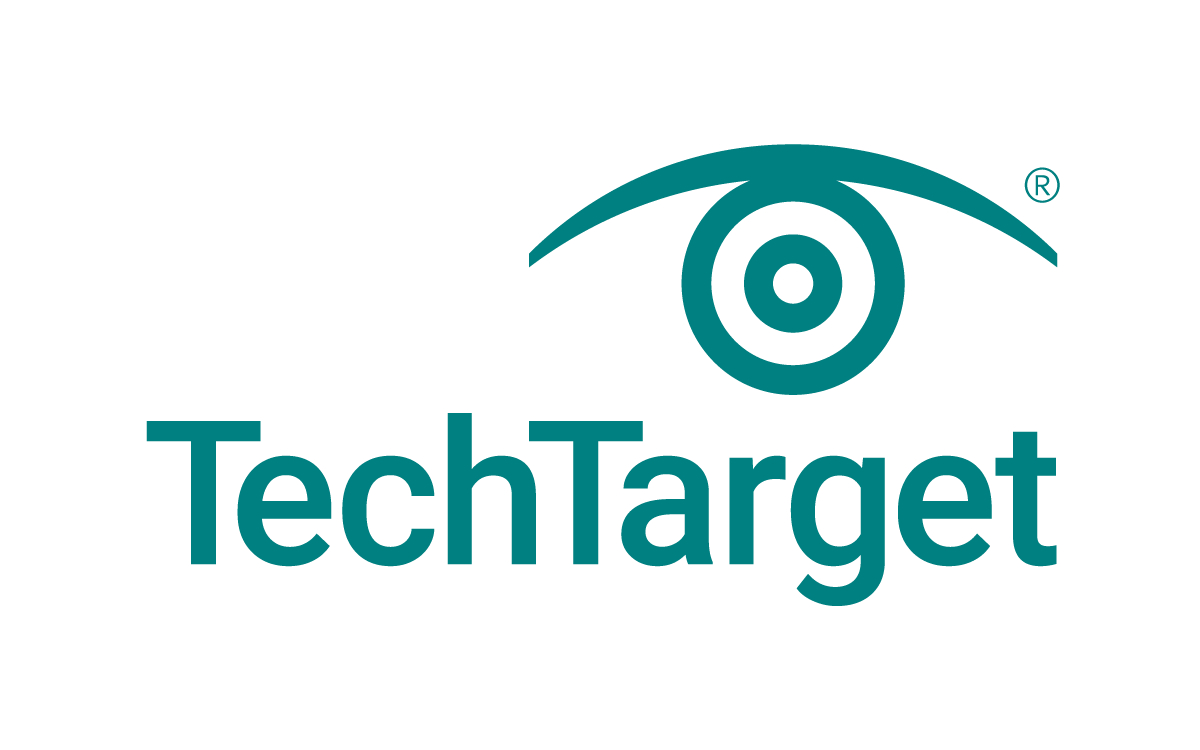
Editor's Note A surgical robot independently performed a lengthy phase of gallbladder removal with expert-level precision, according to a July 9 announcement from Johns Hopkins university. "This advancement moves us from robots that can execute specific surgical tasks to robots that truly understand surgical procedures," said medical roboticist Axel Krieger,…

Editor's Note Microsoft’s MAI Diagnostic Orchestrator (MAI-DxO)artificial intelligence (AI) system outperformed physicians on diagnostic accuracy, achieving an 80% score compared to only 20% for a panel of human doctors. Wired reported the news June 30, quoting an official calling the system “a genuine step toward medical superintelligence” and noting that…

Editor's Note Johnson & Johnson MedTech has launched the Polyphonic AI Fund for Surgery to accelerate the development of artificial intelligence solutions aimed at improving surgical care before, during, and after procedures. According to the company’s June 25 announcement, the initiative brings together key partners, including NVIDIA and Amazon Web…

Editor's Note Financial strain, stress, and uncertainty are not enough to deter many US nurses from saying their education and careers have been worthwhile. That is one reading of the results of Nurse.org’s 2025 Nurse Survey, which collected responses from more than 6,000 US nurses between January and April. Overall,…

Editor's Note The Joint Commission and the Coalition for Health AI (CHAI) are partnering to set national standards for responsible artificial intelligence (AI) use in healthcare, according to a June 11 announcement from the organizations. This effort will deliver AI implementation guidance, tools, and a certification program to over 80%…

Editor's Note Capability to achieve results on par with or better than humans using laparoscopic techniques demonstrates the extent to which autonomous surgical robots are rapidly evolving toward clinical readiness, according to John Hopkins University robotics researchers writing may 27 in IEEE Spectrum. The system detailed in the article, Johns…

Editor's Note OpenAI has launched an open-source benchmark designed to test the safety and effectiveness of large language models in healthcare, according to a May 13 report in Fierce Healthcare. Called HealthBench, the dataset evaluates AI performance in real-world medical scenarios, moving beyond outdated exam-style questions and incorporating feedback from…

Editor's Note The US Food and Drug Administration (FDA) is deploying generative AI across all its centers by June 30, aiming to accelerate drug reviews and reduce bureaucratic workload even as experts and critics express worries about data security, reliability, and other safety concerns. Medical Design & Outsourcing reported the…

Editor's Note Oregon lawmakers are advancing legislation that would ban artificial intelligence (AI) systems from using the title “nurse,” drawing strong support from professional nursing organizations. Chief Healthcare Executive reported the news April 16. As detailed in the article, the bill seeks to preserve the integrity of the nursing profession…

Editor's Note Machine learning (ML) models designed to predict patient mortality are falling short when it comes to identifying severe injuries that could lead to death, according to a March 27 report in TechTarget. The article focuses on research published in Nature Communications Medicine found that ML mortality prediction models…